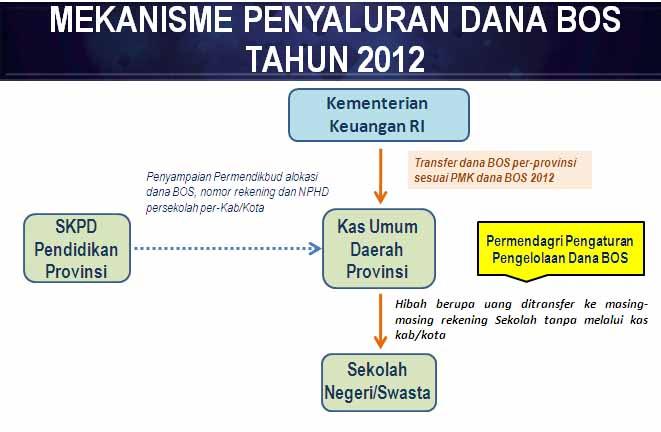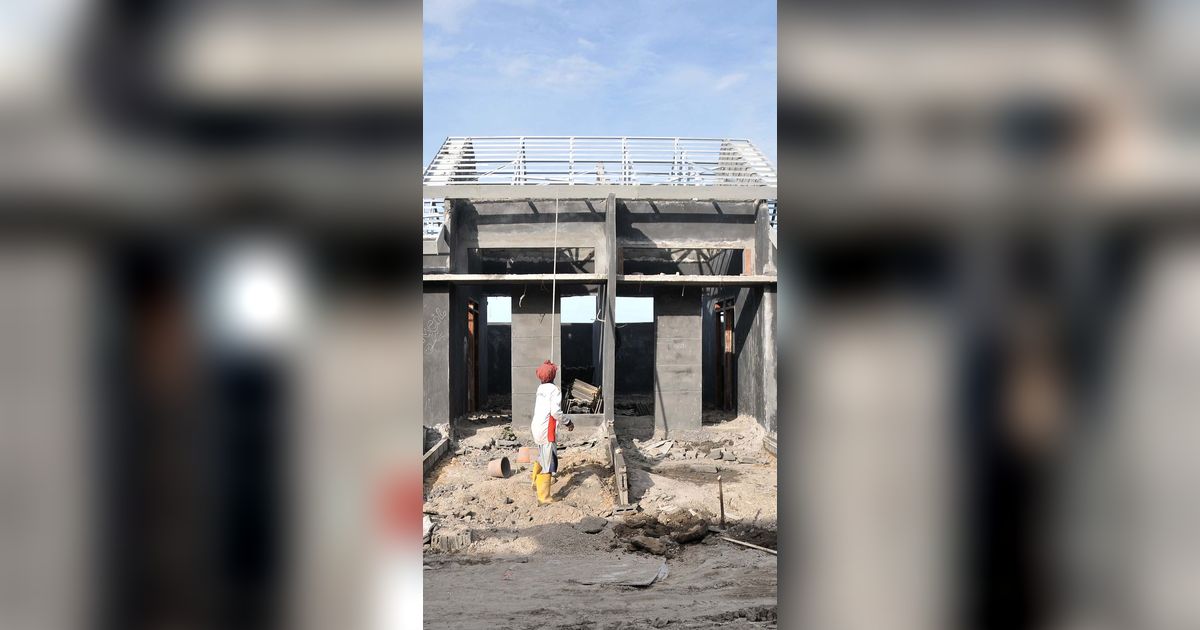Temporary Rental Ban: A Reversal On The Cards?

Table of Contents
The Arguments for Lifting Temporary Rental Bans
The economic and social consequences of temporary rental bans are substantial, creating compelling arguments for their repeal.
Economic Impacts of Rental Bans
Rental bans inflict significant economic damage. The negative impact extends beyond landlords; it affects the broader economy. The consequences of these policies include:
- Decreased tax revenue for local governments: Lost rental income translates directly into reduced tax revenue, impacting essential public services.
- Increased homelessness: Restricting rental options exacerbates existing housing shortages and drives individuals into homelessness.
- Stifled economic growth in the rental sector: Uncertainty and reduced activity within the rental market hinder economic growth. This includes reduced investment in property maintenance and development.
These factors contribute to a worsening “rental market impact,” negatively affecting “housing market stability” and creating significant “economic consequences of rental bans.”
The Rights of Landlords and Property Owners
Temporary rental bans raise serious questions about property rights and due process. Landlords have a right to utilize their property, and blanket bans infringe upon fundamental tenets of ownership.
- Violation of property rights: Rental bans represent a government overreach, limiting the lawful use of privately owned assets.
- Potential legal challenges to rental bans: The legality of these bans is frequently contested, leading to costly and time-consuming legal battles.
- Due process concerns: The lack of due process afforded to property owners during the implementation of rental bans is a significant cause for concern.
The core issue here revolves around "landlord rights" and the fundamental "property rights" of individuals. These bans present considerable "legal challenges to rental bans."
The Availability of Housing Stock
Rental bans contribute directly to housing shortages and affordability issues. Restricting the supply of rental units exacerbates these problems:
- Exacerbated housing crises: Bans further constrain already tight housing markets, pushing more people into precarious living situations.
- Increased competition for limited available rentals: Reduced availability fuels competition, driving up rental costs and making housing less accessible.
- Rising rental costs: When supply decreases and demand remains high, rental costs inevitably rise, impacting affordability.
These bans directly contribute to a worsening "housing shortage," reducing "rental affordability" and demanding immediate "housing crisis solutions."
Obstacles to Reversing Temporary Rental Bans
Despite the compelling arguments for lifting bans, several obstacles hinder their reversal.
Political Considerations and Public Opinion
Reversing rental bans is fraught with political challenges. Public perception and the influence of advocacy groups play a crucial role:
- Public perception of the housing crisis: Public opinion often shapes policy, and negative perceptions of the housing crisis can maintain support for bans.
- Political pressure from tenant advocacy groups: Tenant rights groups often lobby against lifting bans, creating significant political pressure.
- Potential for electoral consequences: Politicians may hesitate to lift bans due to fears of electoral repercussions.
These issues create significant "political opposition to rental ban reversal" and reflect the influence of "public opinion on rental bans" and their "political implications."
Legal and Regulatory Hurdles
Lifting bans involves navigating complex legal and regulatory frameworks.
- Existing legislation: Existing laws may present challenges to quickly lifting bans.
- Potential lawsuits: The reversal of bans may trigger lawsuits from tenants or advocacy groups.
- Complex regulatory frameworks: Navigating various regulatory bodies and approvals adds to the complexity.
This creates significant "legal barriers to rental ban reversal" and highlights the "regulatory hurdles" and potential "legal challenges."
Concerns About a Sudden Surge in Rental Prices
A primary concern is that lifting bans could cause a rapid increase in rental costs.
- Rent control measures: Implementing rent control measures alongside the lifting of bans could mitigate price surges.
- Potential for government intervention: Government intervention, such as providing rental subsidies or tax incentives, might help to manage rental prices.
- Need for gradual phasing out of bans: A gradual phasing out, rather than a sudden removal, would allow for a more controlled transition.
The goal is to find solutions to "prevent rent hikes" through careful management and the strategic use of "rent control" and "rent stabilization" strategies.
Conclusion: The Future of Temporary Rental Bans – A Call to Action
Temporary rental bans, while seemingly intended to alleviate housing pressure, present a complex issue with significant economic and social repercussions. While concerns exist regarding potential rent hikes following a reversal, the negative impacts of prolonged bans on landlords' rights, housing availability, and overall economic health are undeniable. A balanced approach incorporating strategies to mitigate potential price increases is crucial.
Stay informed about developments regarding temporary rental bans in your area and participate in discussions about effective housing policy solutions. Engaging in informed discussion and advocating for responsible policy changes is crucial to navigate the challenges surrounding temporary rental ban policies and work towards a more stable and affordable housing market. Let's work together to find solutions that address the housing crisis without sacrificing fundamental rights or long-term economic stability. Let's work towards lifting rental bans responsibly.

Featured Posts
-
 Program Strategis Mendapat Bkk Gubernur Koster Tentukan Mekanisme Penyaluran Untuk 6 Kabupaten
May 28, 2025
Program Strategis Mendapat Bkk Gubernur Koster Tentukan Mekanisme Penyaluran Untuk 6 Kabupaten
May 28, 2025 -
 Wes Anderson And The Phoenician A Venetian Palazzo Aesthetic
May 28, 2025
Wes Anderson And The Phoenician A Venetian Palazzo Aesthetic
May 28, 2025 -
 Mlb Betting Brewers Vs Diamondbacks Predictions And Expert Picks
May 28, 2025
Mlb Betting Brewers Vs Diamondbacks Predictions And Expert Picks
May 28, 2025 -
 Satu Hektare Taman Kota Baru Di Setiap Kecamatan Balikpapan Janji Wawali
May 28, 2025
Satu Hektare Taman Kota Baru Di Setiap Kecamatan Balikpapan Janji Wawali
May 28, 2025 -
 Insider Reveals Josh Allens Relationship Aspirations Differ From Taylor Swift And Travis Kelces Dynamic
May 28, 2025
Insider Reveals Josh Allens Relationship Aspirations Differ From Taylor Swift And Travis Kelces Dynamic
May 28, 2025
